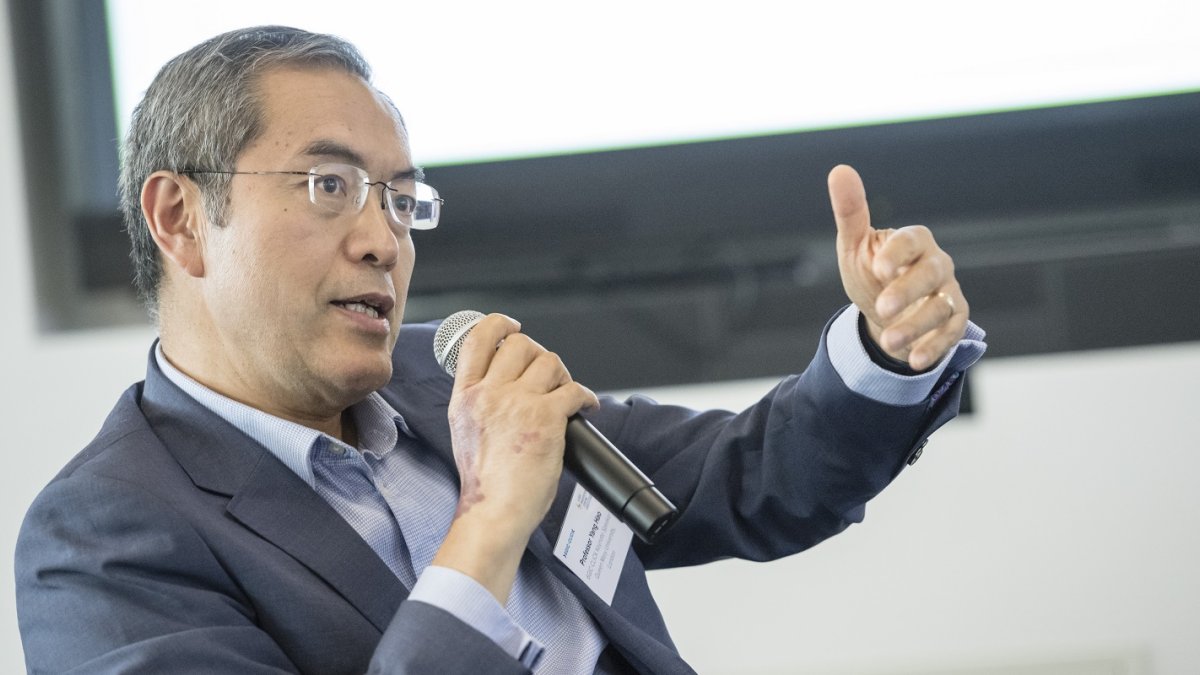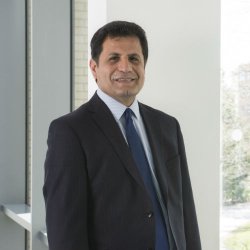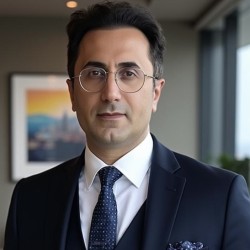6GIC workshop focuses on Reconfigurable Intelligent Surfaces
The second 6GIC-CLICK workshop on 23 September focused on the role of Reconfigurable Intelligent Surfaces (RIS) – a game-changing technology which will combat blind spots in urban areas in beyond 5G/6G networks.
The workshop was the second in the 6GIC Selected Advanced Topics Workshop Series (6GIC-CLICK) and took place on Friday 23 September at the Institute for Communication Systems (ICS), home of the University of Surrey's 5G/6G Innovation Centre (5G/6GIC).
The hybrid workshop welcomed participants from telecommunications companies ranging from global leaders to SMEs, as well as from research and academia.
During the event, some of the world’s leading experts in RIS and wireless communications shared the latest advances and research in RIS, and spoke about the way this technology could be deployed in future networks. The event was chaired by Regius Professor Rahim Tafazolli (Head of ICS) with Technical Chair Dr Mohsen Khalily, who leads RIS research at Surrey.
RIS technology has been developed to combat the challenge of blind spots and patchy connectivity in urban areas where mobile signals cannot penetrate or bypass the density of tall structures. The technology works by sensing electromagnetic waves and redirecting them to blind spots, and – by tracking the user – can reconfigure itself to continuously reflect the signal.
Surrey’s 5G/6GIC is a world leader in the development of RIS.
Dr Khalily said: "The workshop brought together 100 attendees in person as well as 500 online. These included six leading academics from the UK, France, Sweden, Turkey, China and the USA, each of whom gave a great presentation."
Professor Tafazolli said: "Our strategy and the technologies that we are developing at Surrey - which I presented at the workshop - are a game changer for the sustainable environment as well as for overcoming digital divides. Our vision is coverage everywhere, including indoor, outdoor and in rural areas, as well as cost effectiveness."








